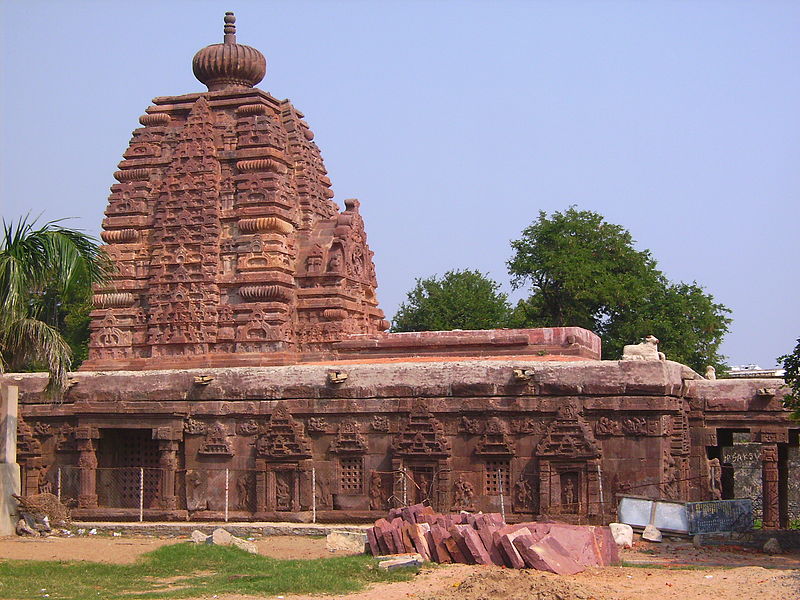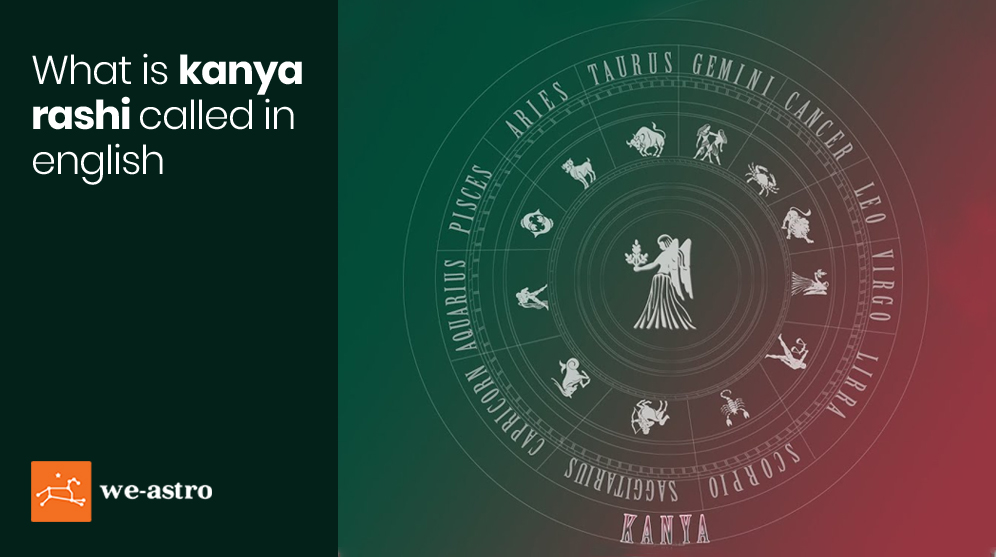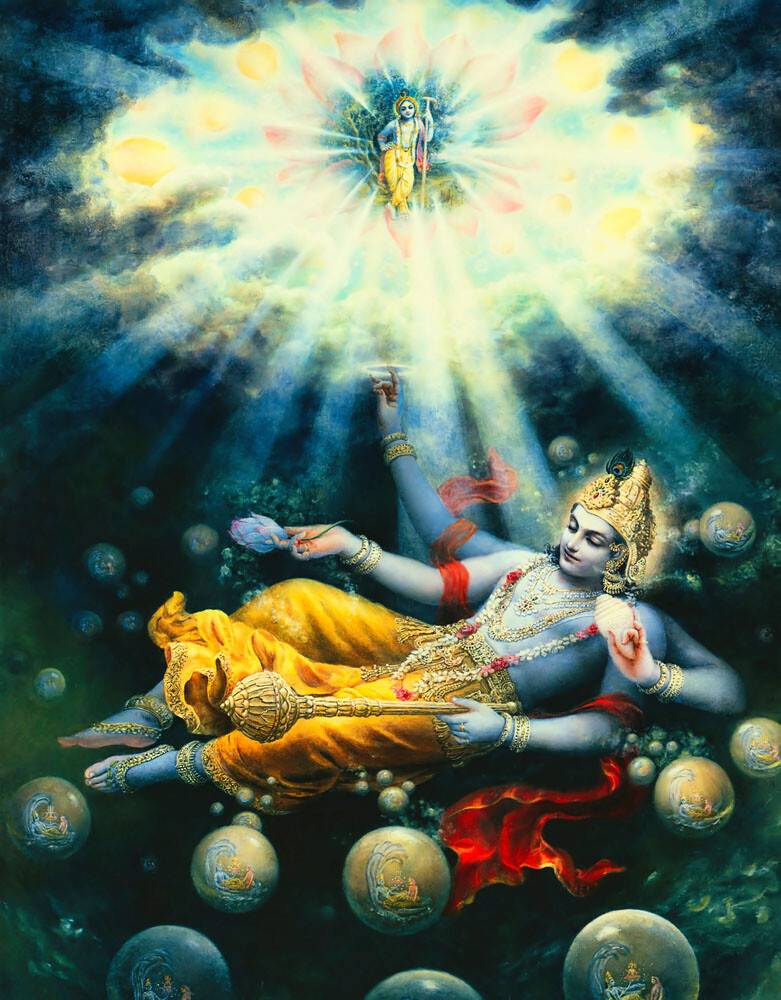Roaring Divinity: An Insightful Journey into the Realm of Narasimha Swamy
Explore Narasimha Swamy, a significant avatar of Lord Vishnu in Hinduism, known for his lion-man form and revered for protection from evil.

Narasimha Swamy, an avatar of Lord Vishnu, is a significant deity in Hinduism known for his lion-like features and human-like physique. This unique avatar of Vishnu emerged from a pillar to protect his devotee Prahlada from his tyrant father, King Hiranyakashipu. Narasimha Swamy symbolizes the divine energy that can erupt from the most unexpected sources and at the most unexpected times to restore Dharma, or righteousness.
The story behind this avatar is as fascinating as the deity itself. King Hiranyakashipu, a demon king, was granted a boon by Lord Brahma that he could not be killed by any man or beast, on land or in water, during day or night, inside or outside a building. Despite his dad's hatred for Lord Vishnu, Prahlada, his son, remained a staunch devotee. Irritated by his son's devotion to Vishnu, Hiranyakashipu threatened to kill him. When asked by his father about Vishnu's omnipresence, Prahlada replied that Lord Vishnu is everywhere, even in the pillars of their palace. The angry king struck a pillar with his mace, and to his surprise, Lord Vishnu appeared from it in his Narasimha avatar. He killed the demon king at twilight (neither day nor night), on the threshold of the palace courtyard (neither inside nor outside), by placing him on his lap (neither on land nor in water), using his nails (neither weapon nor projectile).
Narasimha Swamy is worshipped in many parts of India, particularly in South India. Numerous temples are dedicated to him, with rituals and festivals celebrated with great enthusiasm. The most significant festival is the Narasimha Jayanti, celebrated on the fourteenth day of the bright fortnight in the Hindu month of Vaishakha. The worshippers often chant the powerful Narasimha mantra for protection and to overcome obstacles in life.
Overall, Narasimha Swamy's story teaches us about the omnipotent and omnipresent nature of the divine, the triumph of good over evil, and the unwavering devotion that the devotee should have towards the Almighty. It reminds us that the divine is always present to protect us during our difficult times, even if it means breaking the norms of nature.




